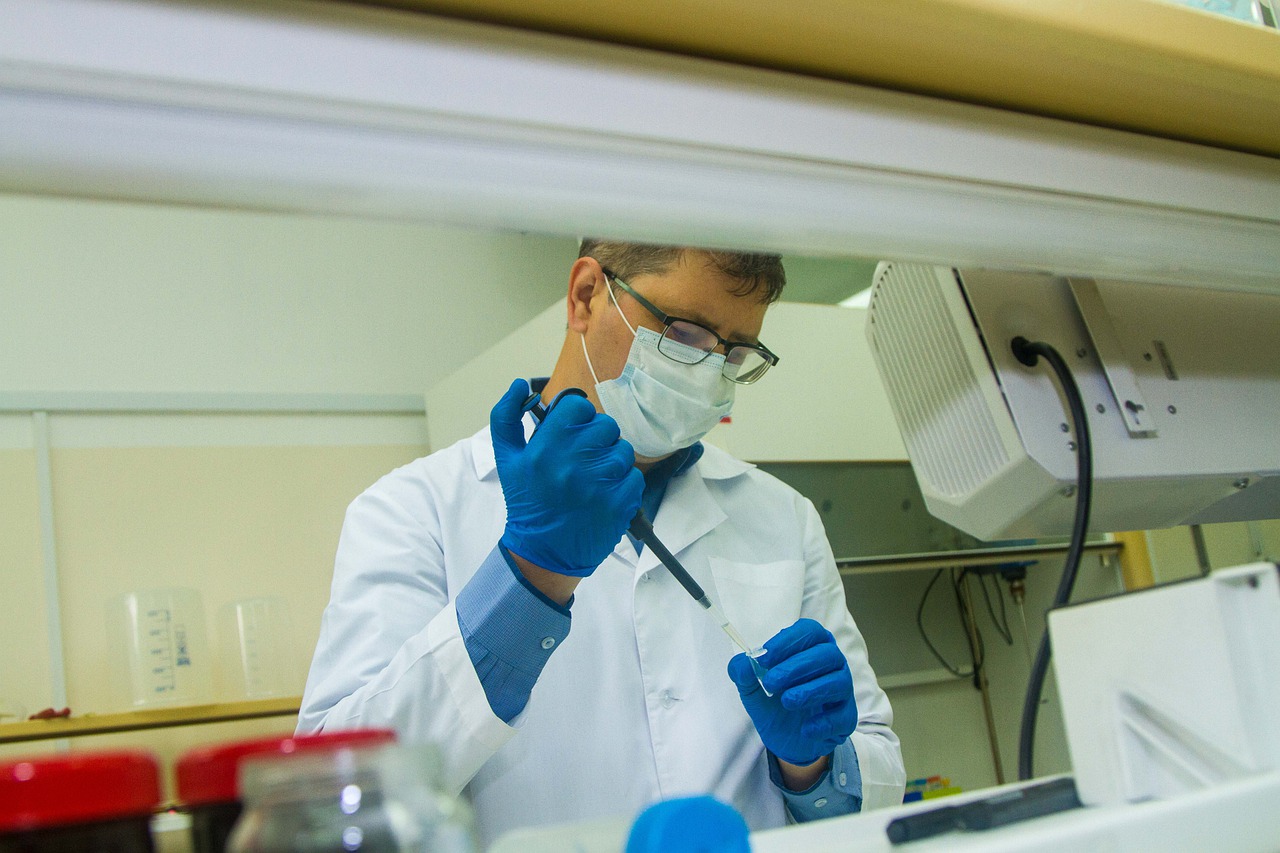
Oxford-AstraZeneca Covid vaccine data reveals a robust immune response among adults, according to the preliminary findings.
Published in The Lancet, the preliminary findings of a peer-reviewed phase two trial were based on 560 healthy adults, including 240 over the age of 70-years-old.
Results showed that the Oxford-AstraZeneca Covid vaccine is safe and produced a similar immune response among people aged over 56-years-old and those aged between 18 and 55.
Meanwhile, the World Health Organization (WHO) said that older people face a “significant risk” of having severe illness on contracting the virus. The agency mentions decreased immune function and underlying health conditions. However, people of all ages remain at risk of getting the virus.
British pharmaceutical firm AstraZeneca, which is working with the University of Oxford, has previously reported that interim data suggested their Covid-19 vaccine had manifested an immune response in older and younger adults.
“We’re really delighted with the results,” Professor Andrew Pollard, the head of Oxford’s vaccine trial team, said during a media briefing on Thursday.
“In this study, we have … been trying to examine the immune responses in older adults and address this question that has been out there about as you get older whether the immune system is less able to respond,” Pollard said.
“And these first data are really encouraging … showing that we are getting very good immune responses — even in the over 70s, which look very similar to those in younger adults.”
A safe and effective vaccine is considered a game-changer in the war against the coronavirus pandemic, which has taken the lives of over 1.3 million people worldwide.
The preliminary results revealed that the vaccine, or ChAdOx1 nCoV-19, triggered what it called a “T-cell response” within 14 days of taking the first dose and an antibody response within 28 days of the booster dose. Scientists say T-cell responses can impact long-term immunity against the virus.
Dr. Maheshi Ramasamy, a co-author of the study at the University of Oxford, finds the antibody and T-cell responses among older people were “robust” and “encouraging.”
“The populations at greatest risk of serious COVID-19 disease include people with existing health conditions and older adults,” Ramasamy said
“We hope that this means our vaccine will help to protect some of the most vulnerable people in society, but further research will be needed before we can be sure.”
Efficacy of the Oxford-AstraZeneca Covid vaccine
The Oxford study authors admitted that their findings could be promising if the immune responses are proven to have the ability to protect people from Covid-19 infection. Their phase two trial did not evaluate vaccine efficacy, however, and phase three trials have yet to confirm this.
They expect the results to come out later this year depending on the rate of infection within clinical trial groups.
Among the limitations to the study are participants in the oldest age group had an average age of 73 to 74 and some underlying health conditions and almost all respondents were White and non-smokers.
The phase three trial will include people from a range of backgrounds, countries, and ethnicities.






